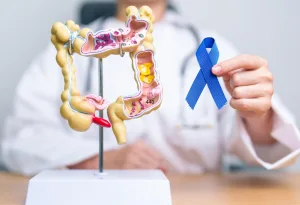Unveiling the Retinol Diet: Is It Right for You?
The “retinol diet” is gaining popularity, but what does it entail? A medical professional breaks down the details in an accessible way.
What is the Retinol Diet?
Unlike what the name might suggest, the retinol diet isn’t about consuming retinol supplements. Instead, it focuses on incorporating foods rich in vitamin A, a precursor to retinol. This diet aims to boost your vitamin A intake through natural sources, believing that it can promote overall health and well-being.
The Science Behind Vitamin A and Retinol
Vitamin A plays a crucial role in numerous bodily functions, including:
- Vision
- Immune function
- Cell growth
Retinol, the active form of vitamin A, is essential for these processes. The body converts vitamin A from food into retinol, making dietary intake important.
Foods Rich in Vitamin A
Here’s a list of foods to include if you’re considering the retinol diet:
- Sweet potatoes
- Carrots
- Spinach
- Kale
- Eggs
- Dairy products
- Fortified cereals
Potential Benefits of a Vitamin A-Rich Diet
Increasing your vitamin A intake through diet may lead to several benefits:
- Improved vision, especially night vision
- Enhanced immune system
- Healthier skin
Things to Consider Before Starting
Potential Risks of Overconsumption:
It’s essential to be mindful of your intake. Excessive vitamin A can lead to toxicity, causing symptoms like nausea, dizziness, and even liver damage.
Consult a Healthcare Professional:
Before making significant dietary changes, consulting a doctor or registered dietitian is always recommended, especially if you have underlying health conditions or are taking medications.
Final Words
The retinol diet, focused on vitamin A-rich foods, can potentially offer health benefits. However, moderation and professional guidance are key to avoiding potential risks and ensuring a balanced and healthy approach to nutrition.



+ There are no comments
Add yours